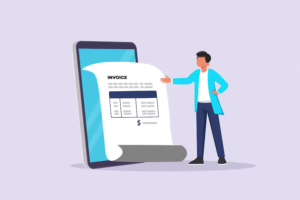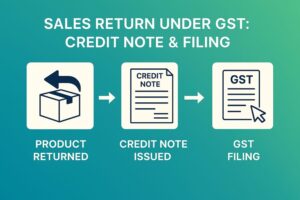Can We Take GST Input on Hotel Bills?
- 1 Sep 24
- 10 mins
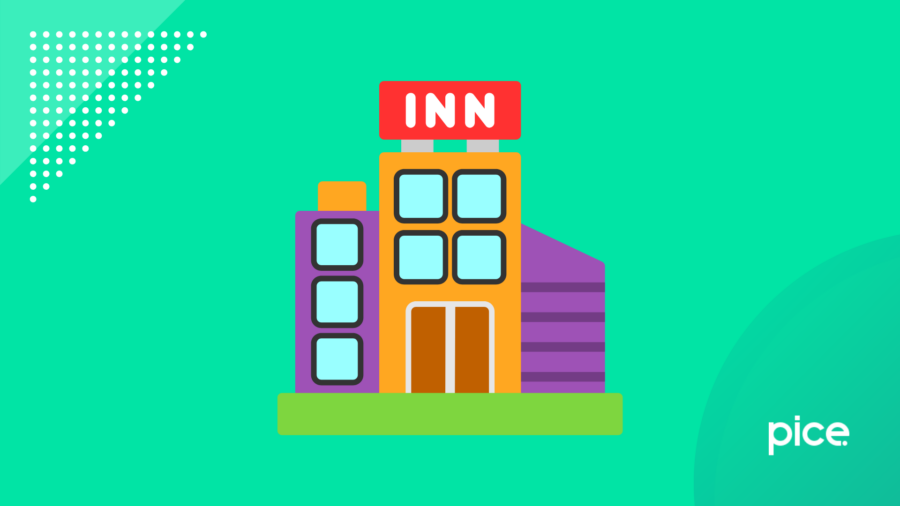
Can We Take GST Input on Hotel Bills?
- Goods and Services Rate
- Registration Requirement
- Hospitality and Tourism Under Pre-GST
- Taking Booking From Online Portals
- Hospitality and Tourism Under the GST Regime
- Pros of Goods and Services Tax
- Cons of Goods and Services Tax
- Input Tax Credit
- Availability of Input Tax Credit for Hotels
- Basic Requirements for the Use of ITC
- Input Tax Credit Relevant to Hotels GST Regime
- Apportionment of Input Tax Credit and Blocked Credit
- Blocked Input Tax Credits on Few Services on Hotels
- Conclusion
Key Takeaways
- GST Rates on Hotels: Room tariffs determine GST rates, ranging from 0% (under ₹1,000) to 18% (above ₹7,500).
- ITC Eligibility: Hotels can claim Input Tax Credit on business-related expenses like maintenance and raw materials.
- Simplified Tax Structure: GST replaced multiple taxes (like VAT and service tax), easing compliance for the hospitality industry.
- Blocked ITC: ITC cannot be claimed on personal consumption, memberships, or certain employee benefits under GST rules.
- Compliance Essentials: Valid tax receipts, supplier tax payments, and timely GST returns are required to claim ITC.
Input Tax Credit (ITC) is an important component of Goods and Services Tax, which allows businesses to counterbalance the tax on inputs against their tax liabilities on outputs. Input Tax Credit on hotel accommodations or stays is crucial as this mechanism helps to manage the tax liabilities of their owners effectively.
Handle all your sales and purchase invoices in one place.
Pice’s all-in-one invoice management tool helps you track, send, and organize invoices from a single dashboard. Automatically share new invoices with customers, send timely payment reminders, and keep your collections under control—effortlessly.
Want early access? Fill out this form to get request a demo!
In this blog, we will discuss the GST rate applicable, and draw a comparison between hospital and tourism industries under pre and post-GST regimes focusing on how you can take GST input on hotel bills.
Goods and Services Rate
Since the implementation of the Goods and Services Tax (GST), the taxes in India have been combined under a single unit. It not only helped the businesses, and hotel owners in this case, but also customers as it eradicated the cascading effect of tax.
There are 3 stages of taxation: IGST, CGST & SGST. The levy of tax will be applicable, depending on the place of supply, i.e., where the hotel is situated.
The GST rates applicable to hotel accommodation services vary, depending on the room tariff. Let us take a look at the table below to understand the GST rates better:
| Room Tariff | GST On Hotel Accommodation |
| Less than ₹1,000 | Nil |
| Less than or equal to ₹7,500 | 12% |
| ₹7,501 and above | 18% |
Registration Requirement
Any hotelier or an owner of lodging with an annual turnover of more than ₹20 lakhs (₹10 lakhs for service recipients in special category states) is required to register under GST. This threshold makes it necessary for businesses to keep track of their earnings and ensure proper compliance.
Hospitality and Tourism Under Pre-GST
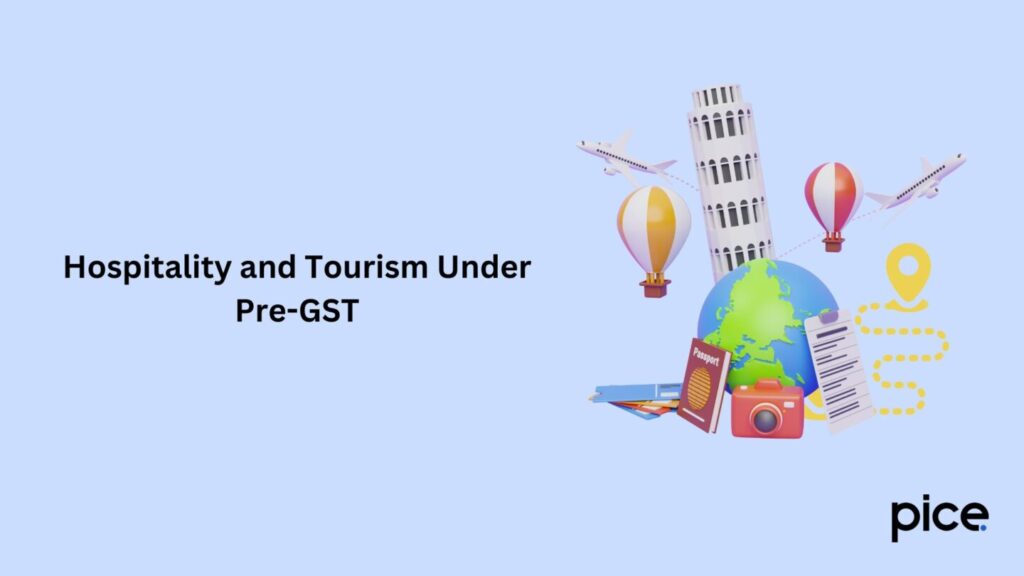
Before the implementation of GST, the tourism and hospitality sector was subject to more than one tax, namely VAT, service tax, luxury tax and so on, depending on the state. This often led to a cascading effect of tax-on-tax, difficulty complying with the regulations and a higher tax burden.
For instance, the room tariff of the hotel that was more than ₹1000, was subject to a service tax of 15%. With an abatement of 40% on the total tariff value, the tax rate of service tax would be reduced to 9%. However, an additional cost of 12% to 14.5% and luxury tax would be applicable, which ultimately increases the end value.
In cases of restaurant services, an abatement of 60% was applied, which led to a 6% service tax on Food and Beverage services (F&B) bills, and an additional VAT of 12% to 14.5%.
The tax structure was challenging for compliance, especially for hospitality and tourism businesses, who could not claim Input Tax Credit (ITC) due to the inability to offset central taxes (like service and luxury taxes) against state VAT and vice versa.
Taking Booking From Online Portals
With the increase in the popularity of travel companies, the number of clients taking bookings from online portals has also increased.
For instance, if the hotelier or the business’s annual turnover is less than either ₹10 lakh in special category states and ₹20 lakh in other states, the e-commerce operator that was used to make the booking needs to charge GST on every transaction.
If the business has GST registration, the hotelier is liable to charge GST directly from the clients. In this case, the e-commerce operator needs to deduct a 1% rate of TDS (Tax Deducted at Source) from the payment transaction.
Hospitality and Tourism Under the GST Regime
Under the current tax regime, its uniform structure has certainly been beneficial for the hospitality and tourism sectors. Among the many other benefits, GST also helped drive more customers to the industry by decreasing the final cost. Additionally, the government increased its revenue, which is expected to drive potential industry growth in the near future.
Various items like a supply of food or breakfast (which falls under complementary food), were charged for tax separately before GST. Since the implementation of GST, it now falls under the category of bundled services.
Let us take a look at the table below to have a clear understanding of the room tariffs:
| Particulars | Amount (₹) | Amount (₹) |
|---|---|---|
| Basic Room | Before GST | After GST |
| Room tariff | 2,700 | 2,700 |
| Applicable Luxury charge on Stay (10% as per Maharashtra) | 270 | |
| Applicable Service Tax @ 9% | 243 | |
| Applicable GST @ 12% | 324 | |
| Total Bill | 3,213 | 3,024 |
| Room with Complimentary Breakfast | Before GST | After GST |
| Room tariff | 2,200 | 2,200 |
| Complimentary breakfast | 500 | 500 |
| Applicable Luxury charge on Stay (10% as per Maharashtra) | 220 | |
| Applicable Service Tax @ 9% | 198 | |
| Applicable VAT @ 14.5% on food | 73 | |
| Applicable GST @ 12% | 324 | |
| Total Bill | 3,191 | 3,024 |
| Room with Complimentary Breakfast | Before GST | After GST |
| Room tariff | 8,000 | 8,000 |
| Complimentary breakfast | 2,500 | 2,500 |
| Luxury charge on Stay (10% as per Maharashtra) | 800 | |
| Service Tax @ 9% | 720 | |
| VAT @ 14.5% on food | 363 | |
| GST @ 18% | 1,890 | |
| Total Bill | 12,383 | 12,390 |
Pros of Goods and Services Tax
Let us discuss the three advantages of Goods and Services Tax in detail:
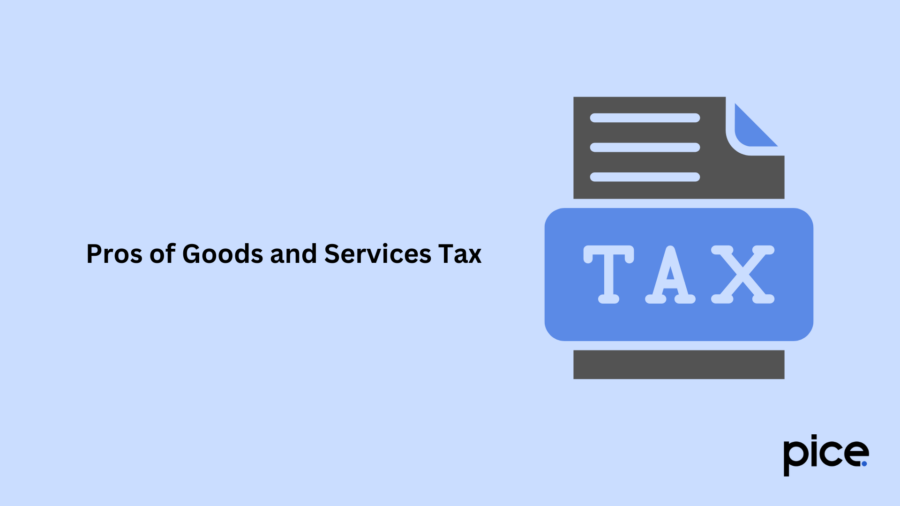
- High Registration Threshold
Earlier, it was a mandate even for businesses with low annual turnovers to register and comply with the regulations of service tax, VAT, etc. GST increased the registration threshold, which is beneficial for many small businesses as they got an exemption. This has been successful in reducing the tax burden and promoting growth.
- Avail to Input Tax Credit
Under the GST regime, tax paid on input or input services like raw edibles for food, cleaning supplies, etc., can be offset against the output easily. It is highly advantageous to the hospitality and tourism industry as earlier procedures of taxes being adjusted against output had some major complications.
- Ease of Compliance
Under the GST regime, there is only one tax to compute. With a simplified tax filing process and reduced paperwork, it makes the process of compliance a lot easier. Moreover, the check-out process at hotels becomes easier for all citizens as there is a single tax that they are required to pay.
Cons of Goods and Services Tax
Now let us take a look at the disadvantages of Goods and Services Tax:
- Higher Compliance Cost
Transitioning to the new tax system brought significant changes to accounting practices and introduced new technological requirements, increasing both costs and the overall burden.
- Low Tourism Appeal
Despite being a global tourism hotspot, India’s high hospitality tax rates, compared to 8% in Japan and 7% in Singapore, limit its appeal and deter budget-conscious travellers.
Input Tax Credit
Input Tax Credit (ITC) refers to the Goods and Services Tax (GST) that a registered person pays on purchase transactions of goods and services. This amount is used for business purposes.
The ITC mechanism allows businesses to reduce the tax they have paid on input from the tax they are required to pay on output. For instance, hotels can claim ITC for the GST on amenities such as toiletries, food, etc. used in the running of business.
Availability of Input Tax Credit for Hotels
If you run a hotel business, you can claim input tax credit on:
- Maintenance services like pest control, housekeeping, etc.
- Raw materials and capital goods required for business
- Goods and common services used in the course of business
- Furniture, passenger lifts and decorative objects, provided they are not classified as immovable property.
Basic Requirements for the Use of ITC
Here are the basic requirements for the use of Input Tax Credit (ITC):
- The buyer should possess a debit note, a valid tax receipt of payment and all other documents prescribed by a dealer.
- The supplier must ensure that they have paid the tax to the government. Either it can be by cash or by claiming input tax credit.
- The supplier must file timely GST returns. As per GST regulations, you will only be able to claim ITC on purchases if your supplier complies with the GST regulations.
- The buyer should have been provided with the goods and services. If they are being provided in instalments, you can claim ITC on the tax invoice of the previous instalment.
Input Tax Credit Relevant to Hotels GST Regime
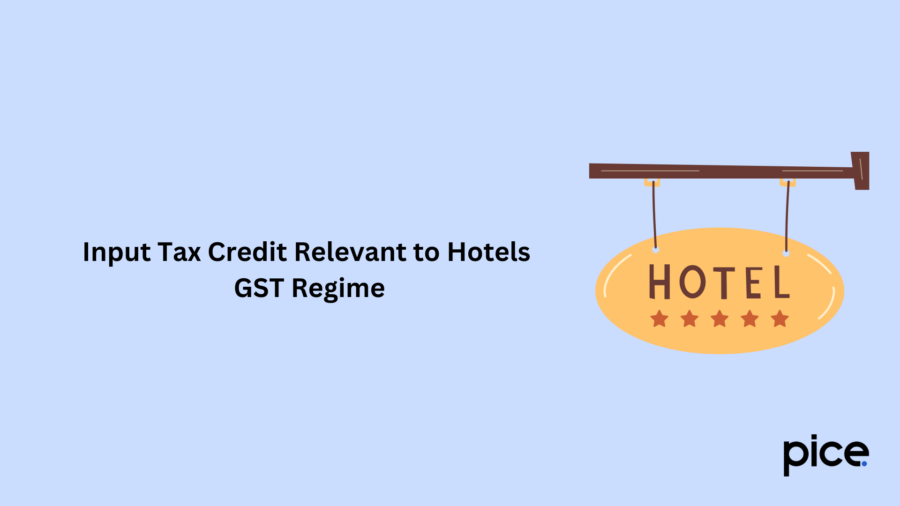
Hotels can claim ITC on most goods and services used in their operations, provided they meet the eligibility criteria. This includes taxable services like repairs, renovations, advertising and employee training.
Apportionment of Input Tax Credit and Blocked Credit
Input Tax Credit must be apportioned proportionately if a hotel uses both exempt and taxable supplies. This includes the supply of services and goods at the prescribed rate of GST, However, you cannot claim ITC if the tax has not been paid at the applicable rate on a taxable supply.
Blocked Input Tax Credits on Few Services on Hotels
The business activities where you cannot claim credit are:
- Human Consumption: Hotel owners cannot claim ITC for personal consumption of services.
- Membership: Input tax credit does not apply to memberships of gymnasiums or clubs.
- Employee Benefits: You cannot claim ITC on food services like outdoor catering services and other employee welfare services.
Note: Credits are blocked under GST for the above-said services.
Conclusion
Now that you are aware of how you can take GST input on hotel bills, you can significantly reduce your hotel business’s tax burden. Moreover, it is in your best interest to stay informed about GST regulations and consult a professional as needed to ensure compliance, optimize ITC benefits and maximise the advantages of Input Tax Credit on hotel expenses.
💡If you want to pay your GST with Credit Card, then download Pice Business Payment App. Pice is the one stop app for paying all your business expenses.
 By
By 





